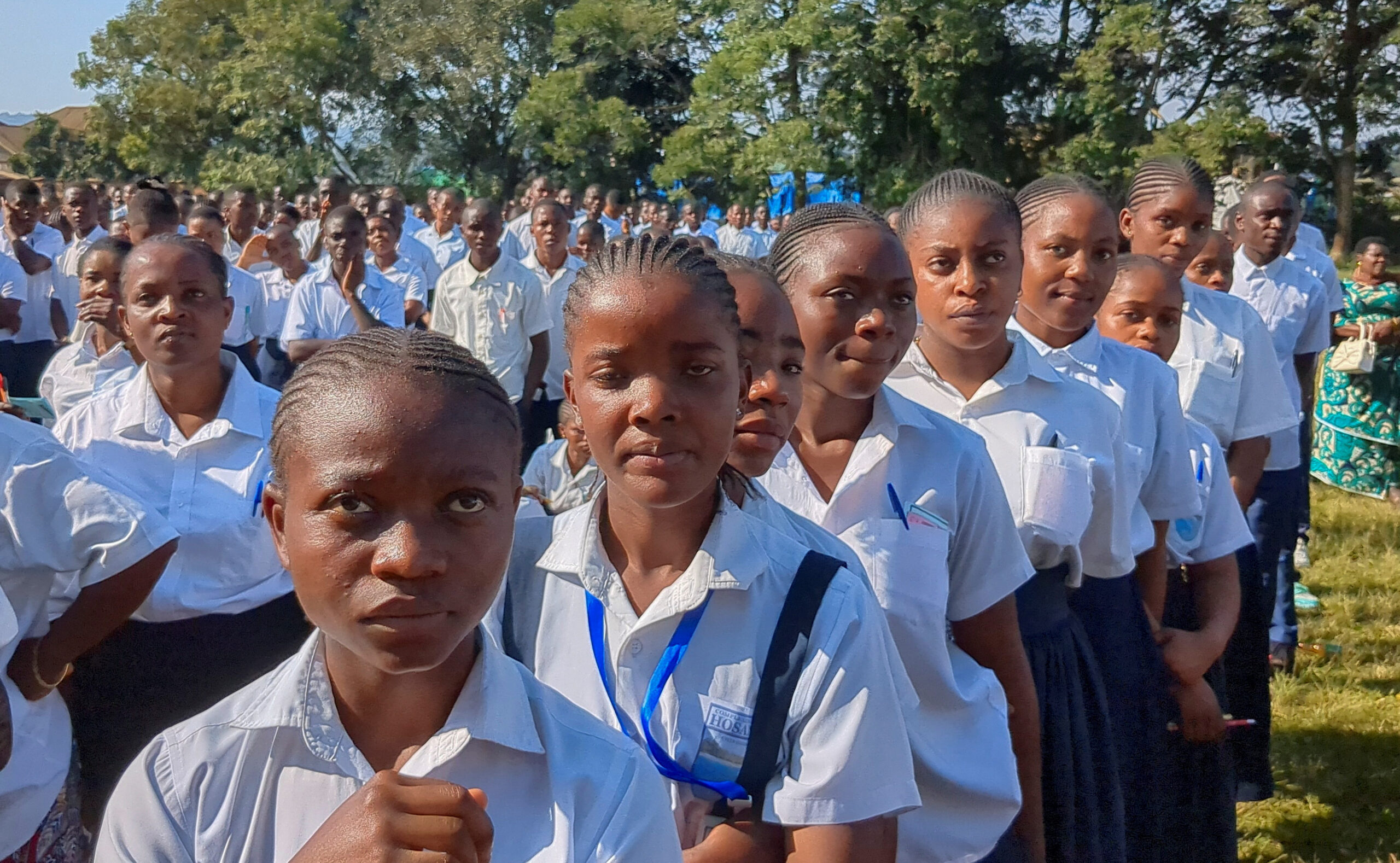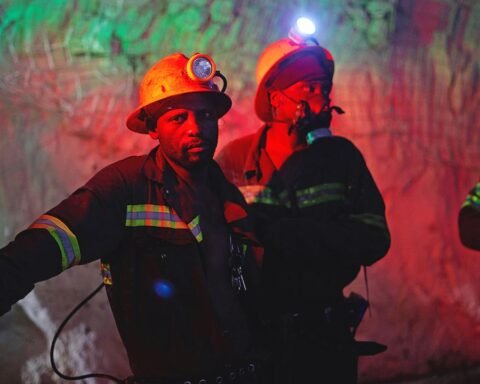In the conflict-ridden eastern regions of the Democratic Republic of the Congo, where the armed group M23 rebels have controlled significant territory, thousands of secondary school students took part in the annual national secondary school exams—a crucial step toward higher education and future opportunities.
The students, many of whom live under rebel authority, traveled to secure exam sites across North Kivu and South Kivu provinces. Despite risks from ongoing violence and displacement, over 31,000 students, including approximately 14,000 girls, attended the exams between June 2 and June 6.
This rare act of cooperation was facilitated by the Congolese government in Kinshasa working alongside the M23 rebels. Though adversaries in armed conflict, both parties recognized the critical importance of education in the region.
The exams, officially called the Examen d’État, were coordinated by the Ministry of Primary, Secondary and Technical Education and delivered securely by air, with support from international organizations such as UNICEF.
Also Read; Billion-Dollar Feud Between Musk, Trump Escalates
M23’s political wing publicly affirmed their commitment to allowing the exams to proceed, emphasizing education as a non-political issue. “Education must continue despite the conflict,” said Bertrand Bisimwa, a senior M23 official.
President Félix Tshisekedi, also waived examination fees for students in affected areas this year, recognizing the hardships caused by ongoing conflict and displacement, a move welcomed by families struggling financially.
Despite the optimism surrounding the exams, serious concerns remain. The United Nations and human rights groups continue to report violations in the region, including forced recruitment of child soldiers and violence attributed to M23 rebels. The conflict persists, disrupting everyday life for millions.
Yet, for the thousands of students who sat their exams, this moment is a beacon of hope — a chance to reclaim a sense of normalcy and pursue education against all odds.
The courage shown by these young people, many studying with scarce resources and under constant threat, is a testament to their resilience.
Their pens, their hope, and their determination may one day transform this troubled region.







